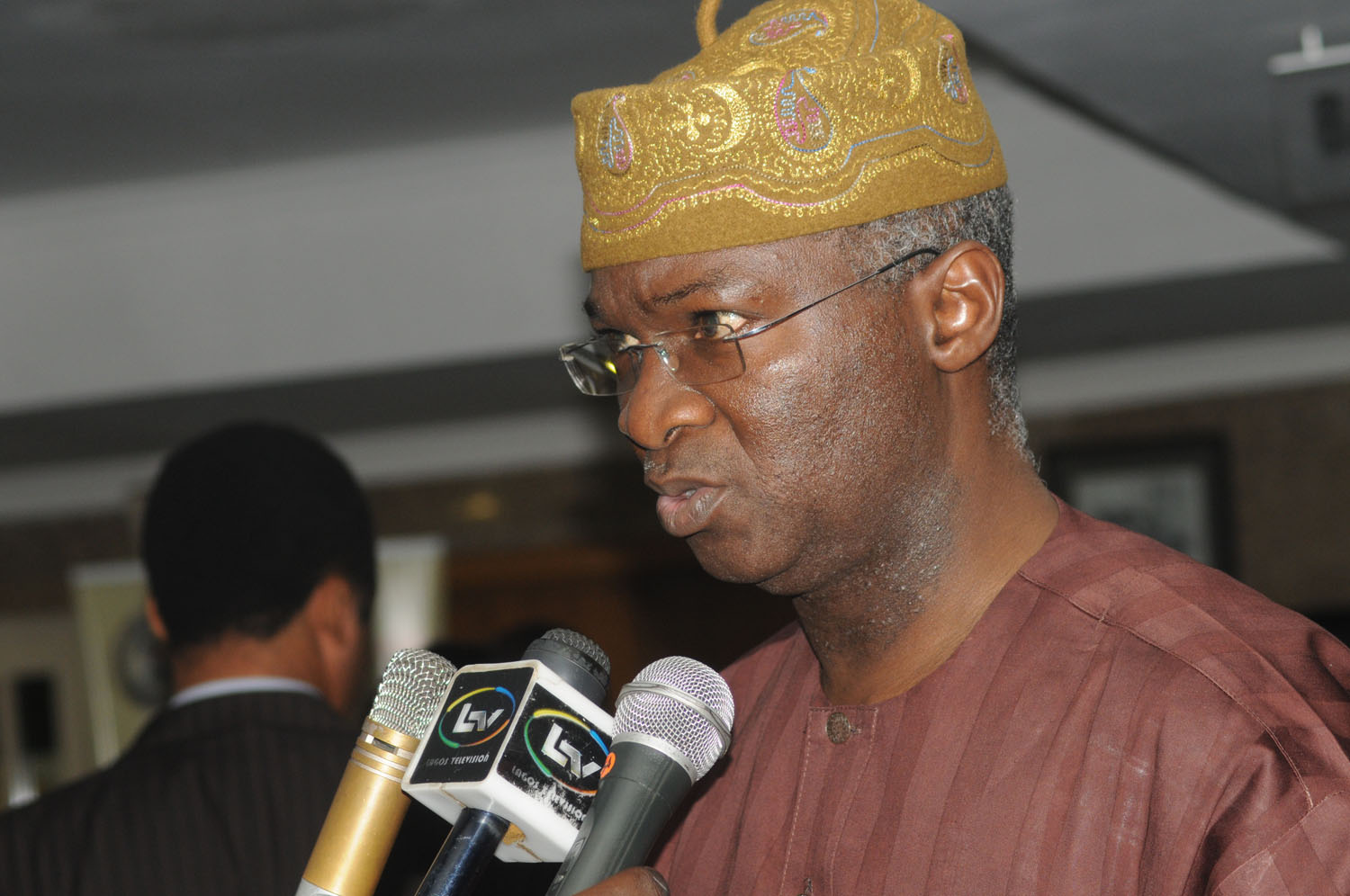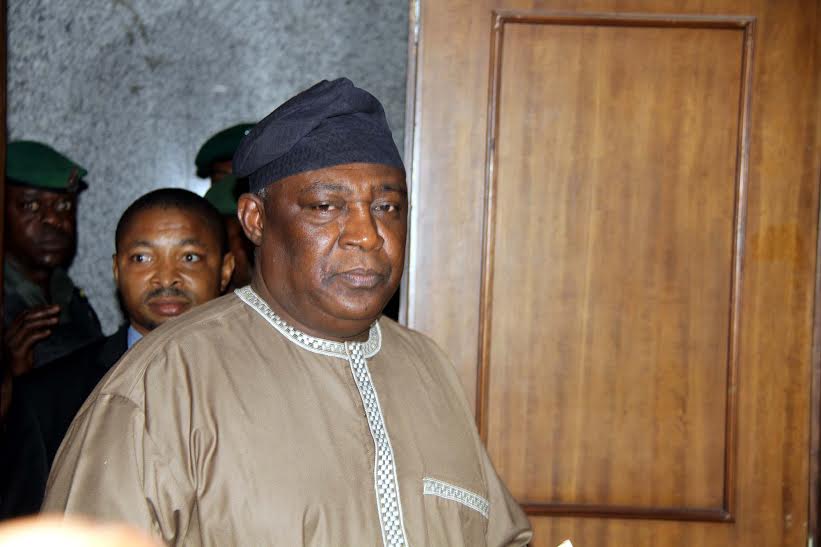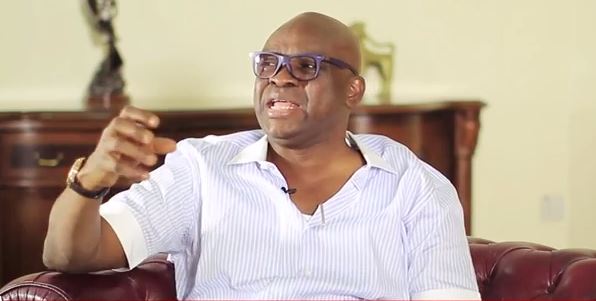The federal government is at risk of a $2.3 billion fine in arbitration over an alleged breach of contract for the $5.8 billion Mambilla power project in Taraba state.
The project, a 3,050-megawatt hydropower facility, has stalled owing to legal and funding crises after Sunrise Power and Transmission Company Limited (SPTCL), a local content partner, was reportedly sidelined in the project by the ministry of power, works and housing.
SPTCL, who claimed to have been awarded the build, operate and transfer (BOT) contract in 2003, has dragged the federal government and its Chinese partners before the International Chamber of Commerce (ICC) in Paris, France.
A UK arbitration court recently awarded nearly $9 billion against Nigeria over a breach of contract with Process and Industrial Developments Limited (P&ID), earlier given the green light to build a natural gas development refinery.
Advertisement
Meanwhile, the China Exim Bank, which is expected to provide 85 per cent of the joint funding with the federal government for the Mambilla project, has insisted on compliance with due process and terms of the November 2017 engineering, procurement and construction (EPC) contract signed with the partners before releasing funds.
Leno Adesanya, chief executive officer of SPTCL, in a letter dated March 31, 2017 to Babatunde Fashola, minister of power works and housing, had accused the minister of reneging on his promise to support the project.
Adesanya said between 2003 and 2009, SPTCL had spent millions of dollars with financial and legal consultants to raise about $6 billion for the execution of the project, yet the company has suffered a lot over the years “through improper administrative interruptions and interventions”.
Advertisement
ORIGINAL PLAN
“While we feel a deep sense of loss that Nigeria is still discussing this project when it should have been commissioned a long time ago, if the original plan was followed,” Adesanya said.
In another letter dated June 20, 2017 to the then Acting President Yemi Osinbajo requesting his intervention in the matter, Adesanya accused Abba Kyari, chief of staff to President Muhammadu Buhari, of taking the unilateral decision of directing the ministry of power to sideline the company from the contract against the advice of Abubakar Malami, attorney-general of the federation (AGF).
In the letter dated July 24, 2017 to Osinbajo, with a copy to the chief of staff, Malami had said SPTCL should be engaged as a local content partner on the project “as a means of accommodating its prior contractual interests on the project”.
Advertisement
However, Malami backtracked a few weeks later.
In another letter dated August 17, 2017 to the company, the attorney-general of the federation said he issued the previous opinion on the project based on the limited materials provided at the time.
He added that there was no requisite federal executive council (FEC) approval for the project.
“The logical conclusion in the circumstances should be that there was no valid contract between Federal Government of Nigeria and SPTC in respect of the project or at all,” Malami wrote.
Advertisement
NO STATUTE
In his response to Malami, Gbolahan Elias, a senior advocate of Nigeria, said there was no statute as at 2003 when the contract was awarded to SPTCL requiring the consent of the FEC before a letter of award could be validly issued.
Advertisement
Elias added that the letter of award to SPTCL predated the enactment of the Infrastructure Concession Regulatory Commission (ICRC) Act of 2005 which requires approval of projects and contracts by FEC.
In a recent petition dated November 18, 2018 to the president and seen by TheCable, Adesanya alleged that the company was removed from the contract without due process.
Advertisement
“Mr. President can save the project from being enmeshed in another controversy as it occurred during the government of President Yar’Adua where a Presidential adviser allegedly took millions of dollars in bribes, and eventually led to the removal of the official and the termination of the $1.46b civil works contract,” the petition read.
“Your Excellency’s commitment to expeditiously execute the Project in June 2015 was communicated by the Honourable Attorney-General of the Federation, Mr. Abubakar Malami SAN (the “HAGF”) to the Honourable Minister of Power, Works and Housing (the “HMOPWH”) Mr. Babatunde Fashola SAN on the 20th of May, 2016; when the HAGF directed the HMOWPH to comply fully with all existing agreements between the Federal Government of Nigeria (the “FGN”) and Sunrise; basically the out-of-court Settlement, and the General Project Execution Agreement(s) of November 25th 2012.”
Advertisement
CHINESE COMPANIES
Adesanya alleged that Kyari had instructed three Chinese companies, Sinohhydro Corporation of China, China Ghezouba Group Corporation of China and China Geo-Engineering Group Corporation, to form a joint venture for the execution of the project.
“On the 22nd of May, 2017, Your Excellency’s COS instructed the HMOPWH to remove Sunrise from the Mambilla hydropower project, and instructed that CGGC, CGCOC and SINOHYDRO would execute the Project,” he said in the petition.
“Bearing in mind that Your Excellency was on medical vacation in the UK, and Professor Yemi Osinbajo SAN GCON was the Acting President, we petitioned then Acting President, and the HAGF in respect of the constitutionally powers of the COS to approve N2 trillion or $5.8 billion contract in your absence, and without Due Process.”
A presidency official however told TheCable that Kyari is being wrongly accused by Adesanya.
“People need to start coming up with credible lies against the chief of staff. The truth is that he is immune to lobbying and any form of pressure, be it political or material, because public interest must override any other interest regardless of who the beneficiary is. This has made him easy target for baseless attacks,” the official, who declined to be named, told TheCable.
The Mambilla power project, the biggest plant in the country, was conceived in 1982.
Construction was expected to take six years.






